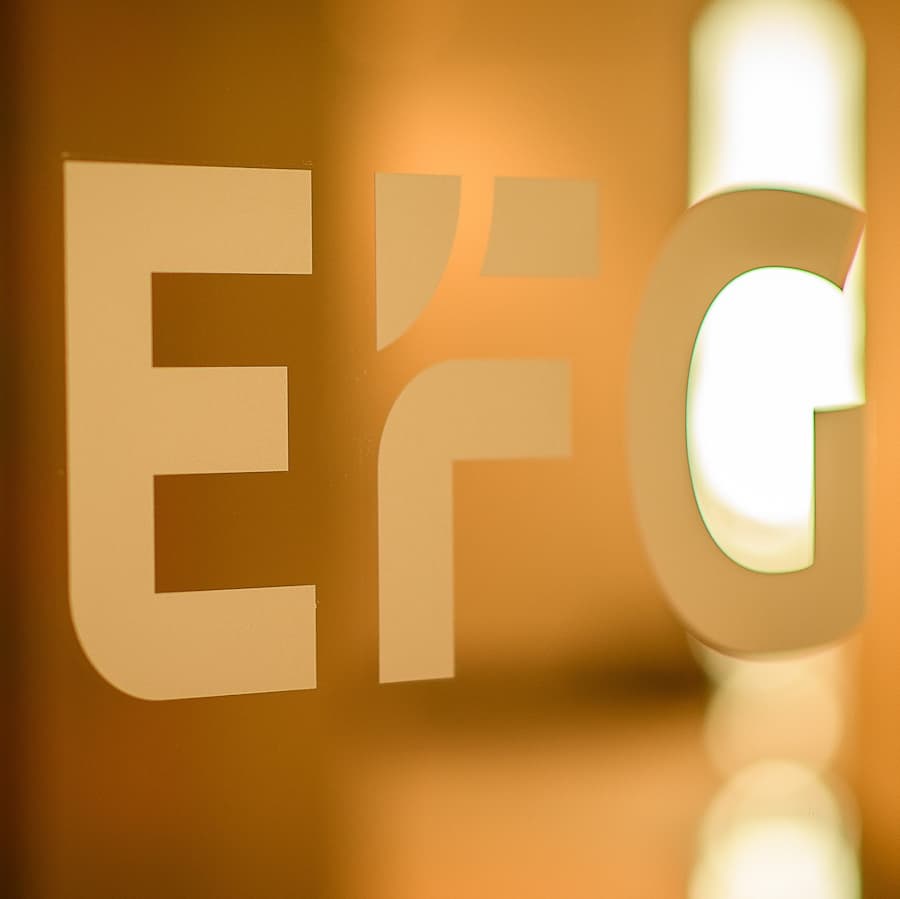Financial Results
H1 2025 Net Profit Rises Sharply At EFG International

The bank, like its Swiss peers, has noted that the impact of a falling US dollar versus the Swiss franc blunted the impact of rising markets and inflows. Growth in assets under management beat EFG's own target range, however.
EFG
International, the Zurich-listed private bank, today
announced that its net profit for the six months to 30 June
surged by 36 per cent year-on-year to a record SFr221.2 million
($278.6 million).
The figure includes a SFr45.4 million effect from
previously-announced insurance recovery. When that impact is
taken out, net profit is SFr175.8 million, rising 8 per cent on a
year before.
Net new assets totalled SFr5.4 billion, corresponding to an
annualised growth rate of 6.5 per cent, which beats EFG’s target
range of 4 to 6 per cent, it said in a statement today. Assets
under management totalled SFr162.3 billion at end-June 2025,
slipping 2 per cent from the end of 2024. The negative impact of
a stronger Swiss franc against the dollar blunted the effects of
inflows and rising equities, EFG International said.
“We delivered a strong performance in the first half of 2025,
with another record net profit and a net new asset growth rate
above our target range. This strong result reflects the
consistent and successful delivery of our strategy which builds
on organic growth complemented by strategic acquisitions,”
Giorgio Pradelli, CEO of EFG International, said.
When the Cité Gestion and Investment Services Group acquisitions
are accounted for, pro-forma assets under management totalled
about SFr173 billion by the end of June.
The firm’s cost/income ratio narrowed to 66.7 per cent from 72.6
per cent a year earlier.
EFG International said 35 client relationship managers were hired
or under offer in H1 2025.
The firm said it has continued to remove risk from its business,
with “significantly reduced life insurance exposure” at end-June
2025 after the divestment of the synthetic portfolio and the sale
of approximately 22 per cent of the outright portfolio. (A
synthetic life insurance portfolio is a collection of synthetic
financial instruments that are designed to mimic other financial
instruments. Synthetic instruments, according to one online
definition, are custom-made investments that can be used to
replicate the cash flows of an asset without owning it.)
Return on tangible equity was 24.4 per cent in the half-year
period, beating EFG’s target range of 15 to 18 per
cent.
At the end of June, the firm had a Common Equity Tier 1 ratio of
17.1 per cent – a common international measure of a bank’s
capital shock absorber.
Pradelli said EFG is “mindful of the challenges ahead, in
particular the structural weakness of the US dollar and the
expected interest rate cuts.”